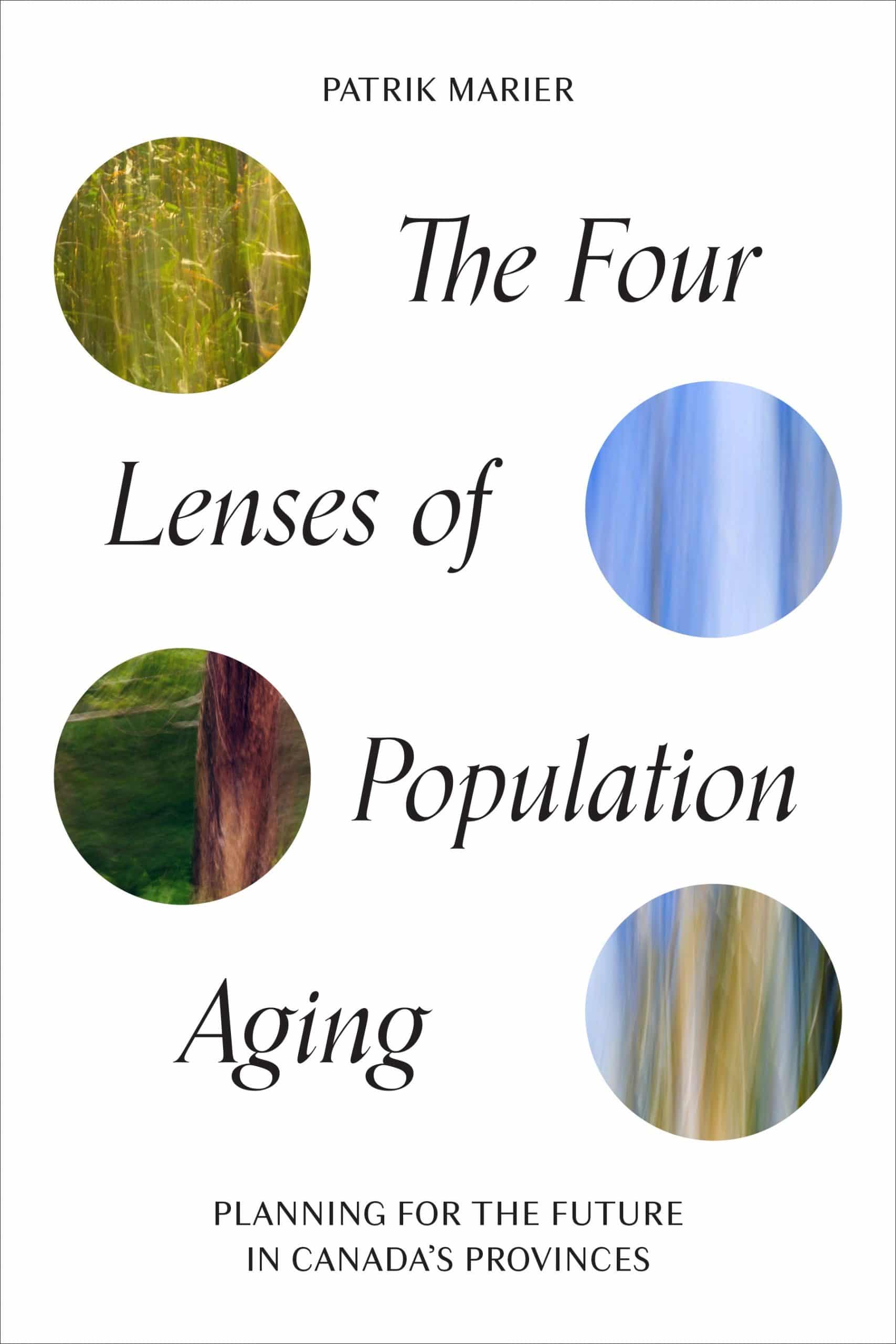
NEW BOOK | The Four Lenses of Population Aging: Planning for the Future in Canada’s Provinces
10 May 2021
Tip Sheet and Training to Support the Inclusion of LGBTQ+ Older Adults
17 May 2021
NEW BOOK | The Four Lenses of Population Aging: Planning for the Future in Canada’s Provinces
10 May 2021
Tip Sheet and Training to Support the Inclusion of LGBTQ+ Older Adults
17 May 2021
5 CREGÉS members involved in a project that will have a significant impact on social gerontology research!
Congratulations to Isabelle Van Pevenage, CREGÉS Institutional Researcher (Principal investigator), Valérie Bourgeois-Guérin, CREGÉS Regular Researcher (co-researcher), Marianne Kempeneers, Patrik Marier, CREGÉS Scientific Director (co-researcher), Patrick Durivage, Coordinator of the Domain of expertise in Palliative Care at CREGÉS (collaborator) and Zelda Freitas, Coordinator of the Domain of expertise in Caregiving at CREGÉS (collaborator) for a grant from the Social Sciences and Humanities Research Council of Canada (SSHRC) as part of the INSIGHT program for the project ''Chez soi jusqu’à la fin ? Entre désirs et possibilités de mourir à domicile''.
This research project aims to understand what may explain the discrepancy between the presumed desire of older Quebecers to die at home and the very low proportion of deaths at home. Five specific objectives are pursued:
- To verify that the majority of Quebecers aged 65 and over wish to die at home;
- To report on the conditions of possibility they perceive for dying at home;
- To document their values, beliefs and knowledge about old age and death;
- Document their values, beliefs and knowledge about old age and death of older adults. Highlight the trade-offs between their perceptions, values, beliefs and knowledge in the development of their preferences for the place of death;
- Document the impact of the COVID 19 pandemic on this (non)desire to want to die at home.
This research will have an important impact on the scientific community, particularly in the field of social gerontology, since the wishes of older adults in Quebec with respect to their place of death and the basis for these wishes have not yet been firmly established. Furthermore, the results of this research will benefit the government as well as the general public, community organizations and health care practitioners. The increase in the number of elderly people will have a significant impact on end-of-life care, particularly by increasing the pressure on public services and on family caregivers. In these respects, the results of this research should:
- Allow the population to be better informed about the ins and outs of end-of-life care at home;
- Provide a better understanding of the expectations of older adults with respect to public services in the area of end-of-life care;
- To support community organizations, managers and workers in the health and social services network by developing a decision support tool for choosing a place of death.





